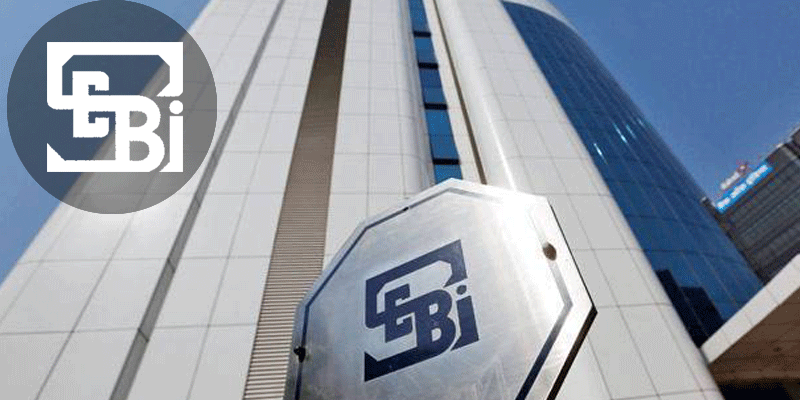The Securities and Exchange Board of India (SEBI), the capital markets regulator, wants to enhance stock market liquidity in the country. It has introduced the optional T+1 settlement system for share transactions to speed up share trading in India. You may find the shorter settlement period for share transactions reduces the risk of price fluctuations in your stock investments. However, will SEBI’s T+1 settlement cycle for share transactions help stock investors?
What is SEBI’s T+1 settlement cycle for share transactions?
You have SEBI introducing the optional T+1 settlement cycle for share transactions in India. It means you get shares credited to your Demat account one day after the trading day.
You have stock markets in India currently following the T+2 settlement cycle. It means the trade life cycle is completed within two days from initiation to settlement in the stock market.
You have the first step of the trade life cycle in share transactions involving placing the order for the shares. It is followed by the matching and execution of the order for the share transactions. The clearing house of the stock exchange, such as NSE or BSE, then clears the trade of the shares.
You have clearing houses such as Indian Clearing Corporation Ltd. and National Securities Clearing Corporation Ltd. serving as intermediaries between the buyer and the seller in the stock market. It serves as the counterparty between the buyer and seller of the shares, ensuring both sides honour their obligations.
To complete the settlement process, you find the final step of the trade cycle in share transactions involving the pay-in and payout of the funds and the shares. SEBI will allow stock exchanges to opt for the T+1 settlement cycle in share transactions where the trade life cycle is completed within one day from January 01, 2022.
Will the T+1 settlement cycle help stock investors?
You have the T+1 settlement cycle for share transactions involving the credit of shares to your Demat account within a day after buying the shares. If you sell your shares, the funds are credited to your bank account within one day rather than the current two days.
You will find the T+1 settlement cycle for share transactions increasing the liquidity in the stock market. For instance, if you sell your shares, you get the funds in your bank account within one day. You can use the money to reinvest in the stock market and capitalise on opportunities to make profits.
You have many domestic investors in the stock market preferring the T+1 settlement cycle as it increases trading turnover and market liquidity while simultaneously reducing broker defaults and settlement risk. Moreover, the T+1 settlement cycle reduces the risk of price fluctuations, thereby benefiting stock investors.
What are the problems stock investors face in the T+1 settlement cycle?
You have many domestic and foreign investors in the Indian stock market seeking clarity on the new T+1 settlement cycle for share transactions. For instance, depositories, stockbrokers, clearing corporations, and banking systems will have to function seamlessly to succeed in the new settlement system.
You have the entire ecosystem, such as infrastructure and technology platforms, performing efficiently under the T+1 settlement cycle. Otherwise, disruptions could impact the settlement process, thereby harming the interest of investors in the stock market.
You also have problems with interoperability where one stock exchange opts for T+1 settlement for share transactions, and the other stays with the T+2 settlement cycle. It could affect stock investors who buy stocks on one stock exchange and sell them on another if there are different settlement cycles.
You have SEBI allowing stock exchanges to shift to the T+1 settlement cycle for share transactions after giving all stakeholders an advance notice of at least one month. Moreover, the stock exchange will have to stay with the new settlement system for a minimum period of six months. It can revert to the old T+2 settlement system only after serving a notice of one month. In a nutshell, stock investors will have to follow a wait and watch approach to gauge the benefits of the T+1 settlement system for share transactions.
For any clarifications/feedback on the topic, please contact the writer at cleyon.dsouza@cleartax.in

I write to make complicated financial topics, simple. Writing is my passion and I believe if you find the right words, it’s simple.





